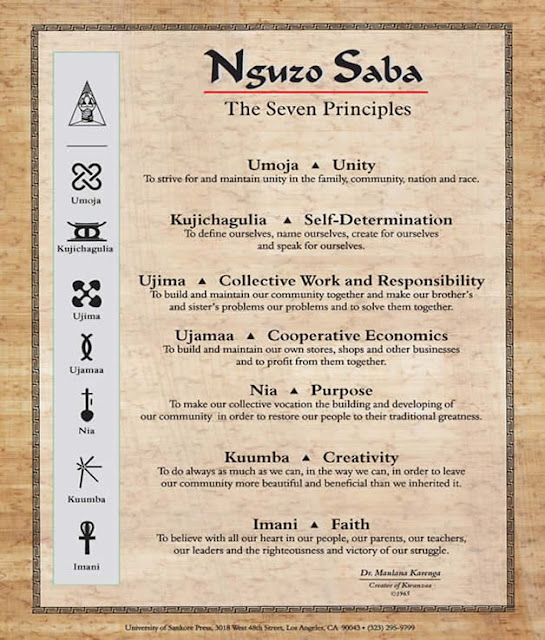The Beginnings and Development of Racism in The U.S.: Some Implications for Black Americans (part 1)
by Dr. Cicely A. Rodway
copyright 1987 C. A. Rodway
"I am not, nor ever have been, in favor of bringing about in any way the social and political equality of the white and black races; I am not, nor ever have been, in favor of making voters or jurors of Negroes nor qualifying them to hold office... I will say in addition to this that there is a physical difference between the white and black races which I believe will ever forbid the two races living together on terms of social and political equality. And in as much as the cannot so live, while they do remain togerher, there must be the position of superior and inferior, and I as much as any other man am in favor of having the superior position assigned to the white race."
~ Abraham Lincoln 1895
Lincoln, in this statement, presented a viewpoint which was not atypical in his time nor in the times before and after his presidency. It is a viewpoint which is based on the belief that black peoples are inferior to whites. It is a viewpoint which has led to individual and governmental acts and policies which have attempted to dehumanize Black people in the United States and to circumscribe their individual and group efforts.Finally, it is a viewpoint which has had devastating psychological repercussions on blacks as well as whites.
These views are steeped in prejudice, which prejudice as defined by James Jones, "is a negative attitude toward a person or group based upon a social comparison process in which the individual's own group is taken as a positive point of reference." (p. 3) He goes on to point out that the "behavioral manifestation of prejudice is discrimination - those actions used to maintain own-group characteristics and favored position at the expense of the comparison group," (p. 3)
Implicit in a position such as Lincoln's is the need to ensure that the roles of black and white people are clearly defined and positions of inferiority and superiority maintained. In order to ensure that whites maintain the superior position it often becomes necessary to set up structures within the society and to implement policies with this in mind. Carmichael and Hamilton have defined such policies as racism which they define as "the predication of decisions and policies on considerations of race for the purpose of subordinating a racial group and maintaining control over that group." (p. 1)
Individual Racism and Institutional Racism
Carmichael and Hamilton in continuing their discussion of racism in the United States, make a clear distinction between what they refer to as "individual racism" and "institutional racism". Individual racism is described as being overt and is therefore easily recognizable as it manifests itself by causing "death, injury or the violent destruction of property." The second type of racism, institutional racism, is much more insidious as it is less identifiable for it "originates in the operation of established and respected forces in the society." They give us examples of institutional racism, situations in which,
...five hundred black babies die each year because of lack of proper food, shelter and medical facilities, and thousands more are destroyed and maimed physically, emotionally and intellectually because of conditions of poverty and discrimination in the black community... or when black people are locked in dilapidated slum tenements, subject to the daily prey of exploitative slumlords, merchants and loan sharks and discriminatory real estate agents. (p. 4)







